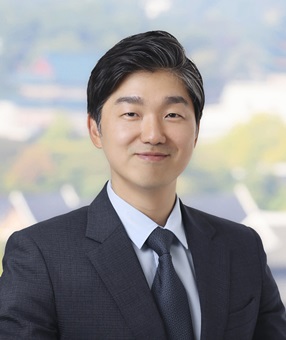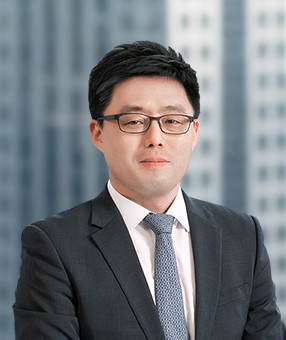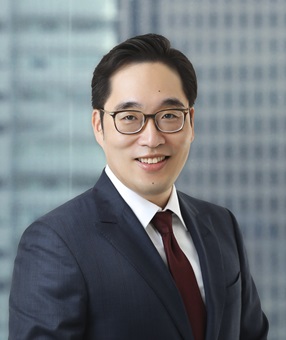The Korean government has consistently pushed for various policies to promote and establish a legal framework for self-driving vehicles. Please find below a summary of recent legislative and policy developments on self-driving.
1. Enforcement of the Act on the Promotion and Support of Commercialization of Self-Driving Vehicles and Relevant Enforcement Decree and Rule
With the Act on the Promotion and Support of Commercialization of Self-Driving Vehicles (the “Act”) taking effect on May 1, 2020, the Ministry of Land, Infrastructure and Transport (the “MOLIT”) also legislated the Enforcement Decree and Rule thereof, which took effect on the same day and set forth specific procedures for the Act. We summarize the key items of the new legislations below.
(1) Designation of Safe Self-Driving Zone
-
The Act provides statutory grounds for the MOLIT to designate a zone within motorways where self-driving vehicles may operate safely (“Safe Zone”) (Article 6 of the Act).
-
The Enforcement Decree of the Act provides standards and procedures for the designation of Safe Zones. The MOLIT must consider factors such as the structure of the road and Cooperative Intelligent Transport Systems (“C-ITS”) when designating a Safe Zone, and notify such designation or any change to the Safe Zone to the vehicle manufacturers (Article 5 of the Enforcement Rule of the Act).
(2) Procedures for Designating Test Driving Districts
-
The Act provides statutory grounds for a special exception to various laws and regulations, such as the Passenger Transport Service Act and the Trucking Transport Business Act, for test driving districts (Articles 9 through 11 of the Act) (“Special Exceptions”).
-
The Enforcement Decree further provides more details of the Act by establishing procedures for applying for a Special Exception to the Korean Motor Vehicle Safety Standards (“KMVSS”). For example, when it is difficult for a self-driving vehicle to meet the KMVSS due to its systems, brakes or seats, the self-driving vehicle manufacturer may apply for a Special Exception to the MOLIT by first obtaining certification from the Korea Automobile Testing and Research Institute (“KATRI”), the designated testing agency, that the self-driving vehicle meets the requirements for safe driving (Article 10 of the Enforcement Decree).
2. Announcement of Future Strategy for the Development of the Auto Industry
On October 15, 2019, the Korean government, in conjunction with the relevant ministries (including the Ministry of Trade, Industry and Energy, the MOLIT and the Ministry of Environment) announced a national development strategy for the future of the automobile industry. The Korean government’s key plans under such strategy are as follows:
-
Announcing safety guidelines for high automation vehicles (Level 4) by 2020 and safety standards by 2021
-
Improving the temporary permit system for field operation of R&D vehicles and regulations based on each automation level by 2024
-
Defining “self-driving vehicle” and its core functions in the Road Traffic Act by 2020 and establishing relevant regulations on driver responsibility (such as permission to operate and view video display terminals) and accident liability by 2024
-
Establishing a self-driving vehicle performance verification system, including drivers’ tests and training for self-driving vehicles, by 2022
-
Establishing a self-driving insurance system by 2021
-
Promoting commercialization of self-driving automobile businesses (e.g., robot taxis, on-demand autonomous shuttles, autonomous vehicle delivery service, and autonomous car sharing service), in accordance with the Act, which went into effect on May 1, 2020
In light of the Korean government’s efforts to legislate subordinate regulations and policies on self-driving, the Korean government is likely to actively invest in and establish policies for self-driving going forward. We recommend that affected companies pay constant attention to relevant policy developments.
Related Topics







